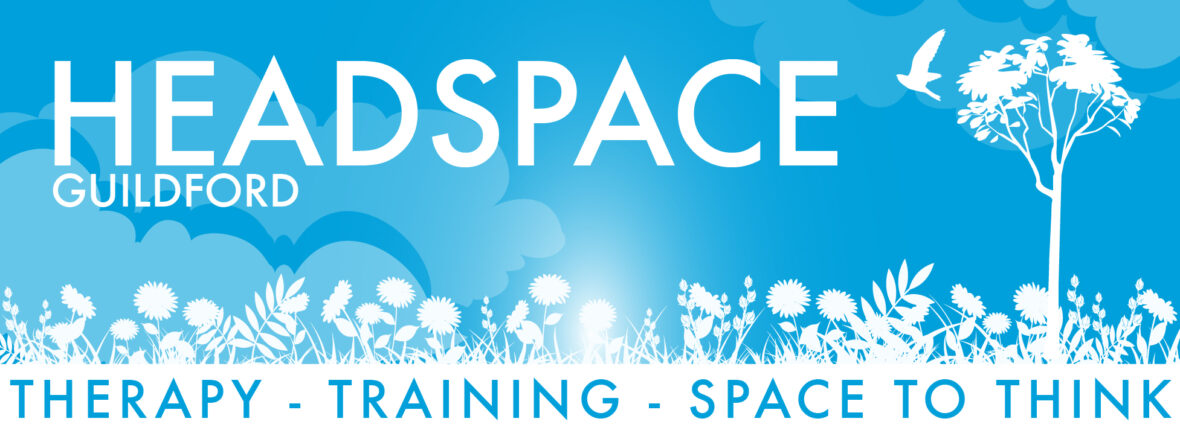Recently, in the community where I live, 2 families have lost one of their parents. Both families have young children. 2 families grieving the loss of people who should have been there to take their children to school, watch them play football, wipe their tears, tuck them in bed. It’s sad beyond words.
Those families are very early in the journey of working out how they possibly live without those people. How they shape their lives differently, with the gap that person has left. How they keep going, how they carry on.
I work a lot with bereaved families, but there’s nothing I can say which makes it ok. No magic set of words. When I do it well, I think what I’ve done best is showed up, and kept showing up. Listened and not judged. Not been shocked when people have talked about their darkest thoughts, biggest fears, hugest regrets. In psychology we call the holding of strong feelings ‘containment’. The hearing but not being overwhelmed by the distress. The being moved, but still being in control.
We’re not very good at knowing what to say after someone has died. Sometimes this is because we don’t feel contained. We’re distressed by the loss too, even if we didn’t know the person well. Often death makes us aware of our own mortality. It could have been me, my child, my partner, my friend. Or it makes us wonder if we’ve done enough with our lives, if we’ve got the right focus, if we’re making good choices. This can overwhelm us and then we don’t feel able to hold the strong feelings coming from others.
Sometimes we are contained enough but are paralysed by wanting to do the right thing. So many parents I know who have lost a child feel that people don’t mention their child enough. We stop talking about someone who has died because we’re worried about upsetting the people who were close to them. But what they say to us is that they’re thinking about their loved one anyway. You can’t remind them because they haven’t forgotten.
So, if you know someone who has lost someone what can you do? Firstly take a breath. We need to start with ourselves. What is going on for you? And then think about what you can do to help. If you know the bereaved person, carry on showing up, being there, hearing what they have to say. Go at their pace, but don’t avoid talking about difficult things. Ask them how they’re really doing. Let them know that you’re ok listening to whatever they need to say. Say the name of the person who died. And keep checking in on them and on yourself. Ask them what they need. And for you: are you feeling contained or do you need someone to contain you, listen to you, carry on showing up for you?
There’s not much in life that is harder than losing a loved one, especially a parent or a child. There’s nothing that makes it ok. But perhaps we can make it more bearable, walking with someone and taking care of ourselves too.
